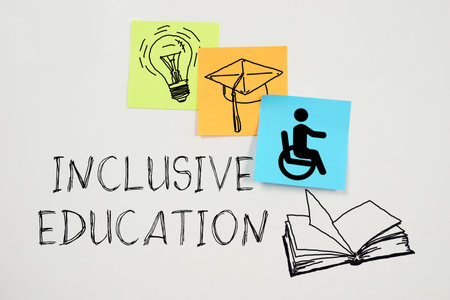
Inclusion should be viewed as a value, a set of humanistic beliefs that have been
enshrined in our constitution. Indian constitution clearly reflects that all
individuals irrespective of caste, class, gender, and ethnicity are valued members
of society.
According to UNESCO, inclusion "is increasingly understood more broadly as
a reform that supports and welcomes diversity amongst all learners." Under this
broader definition of inclusion, steps should also be taken to eliminate
discrimination and provide accommodations for all students who are at a
disadvantage because of some reason other than disability
- At the end of the unit you should be able to:
- Explain the meaning and concept of inclusion
- Explain the meaning of caste, class, gender, and disability
- Explain the need of inclusion in education
- Explain the need of inclusion of caste, class, gender, and disability
- Perspectives in education
- Describe contextualization of curriculum for the inclusion of caste and class,
- Gender and disability perspectives
- Appreciate the idea of inclusion for a cohesive society
- Teacher: JYAKY JAMATIA